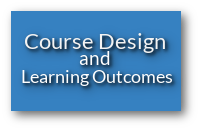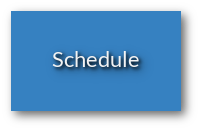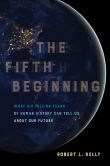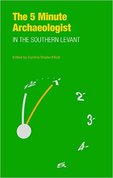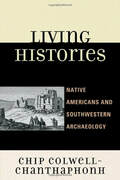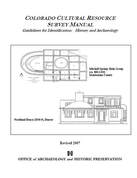How do we know what happened in the past when we don't have any written or oral records of what occurred? The answer is archaeology---the scientific study of the past through the material remains of past human activity. In this introduction to archaeology you will learn what archaeologists do and how they think through a combination of hands-on experiences in the classroom or field and readings and discussion. You will learn about the changing social, cultural, and environmental dimensions of the human past and the methods, theories, and ethics archaeologists rely on to uncover this past. This course is designed to develop your critical thinking skills and understanding of the scientific method through the study of archaeology. These are essential skills you can use in any academic discipline, career, and in life. This course meets the archaeology sub-discipline requirement for Anthropology majors and is the prerequisite for AN320 Field Archaeology, open to students in any major who have completed this course.
Schedule: The course will meet daily from 9:00 am to 12:00 pm. In addition to this regular class meeting, please add the following to you schedule:
Textbooks and Readings
Schedule: The course will meet daily from 9:00 am to 12:00 pm. In addition to this regular class meeting, please add the following to you schedule:
- There will be one afternoon lab (1:00 to 3:00 pm) each week (see Schedule).
- We will attend the Annual Meeting of the Colorado Council of Professional Archaeologists in Pueblo on 6 March 8:00 am to 10:00 pm and 7 March from 7:30 am to 6:30 pm
Textbooks and Readings
|
The Fifth Beginning: What Six Million Years of Human History Can Tell Us About Our Future
By Robert L. Kelly ISBN-13: 978-0520303485 Why this book? What's the value of the past for our present and future? This book argues an answer to this question while arguing the value of archaeology. The beginnings described keep us focus on broad spatial and temporal patterns and remind us that archaeology is more than our field methods. |
|
The 5 Minute Archaeologist: In the Southern Levant
By Cynthia Shafer-Elliott ISBN-13: 978-1781792421 Why this book? This is a concise and readable introduction to many of the key concepts and methods of archaeology. Each short chapter stands alone and allows us to learn about the concepts/methods based on our learning priorities. It also provides an international perspective on the discipline. Living Histories: Native American and Southwestern Archaeology By Chip Colwell-Chanthaphonh ISBN: 9780759111967 Why this book? "... no other single book has synthetically examined how Native Americans have shaped archaeological practice in the Southwest and archaeological practice has shaped Native American communities." Understanding the relationship between Native peoples and archaeologists in the American Southwest is a significant learning objective in this course. |
|
Office of Archaeology and Historic Preservation 2007, Colorado Cultural Resource Survey Manual: Guidelines for Identification: History and Archaeology Free download, click link, and save on your computer. |
Additional readings will be posted on Canvas. See course schedule.
